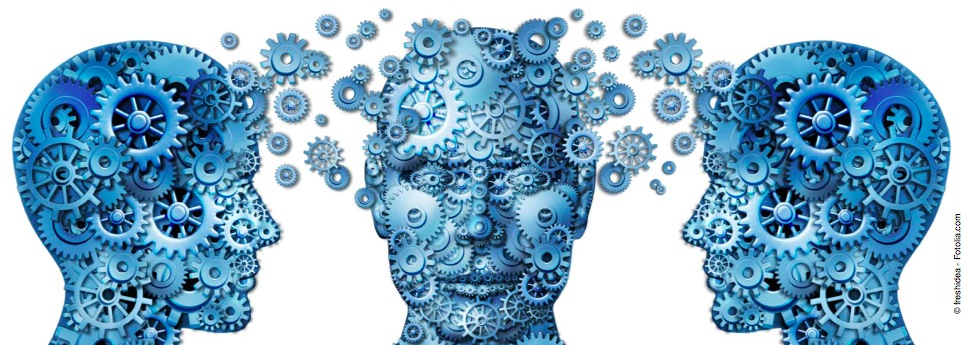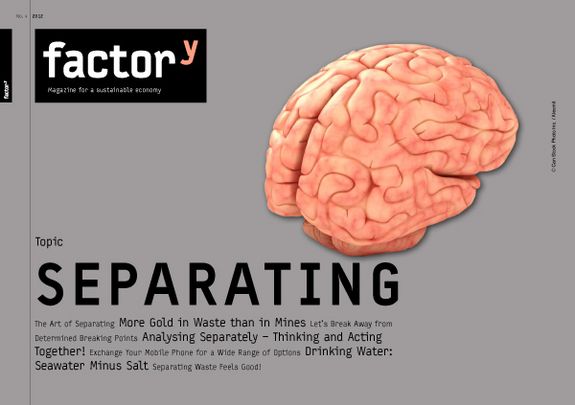Separating
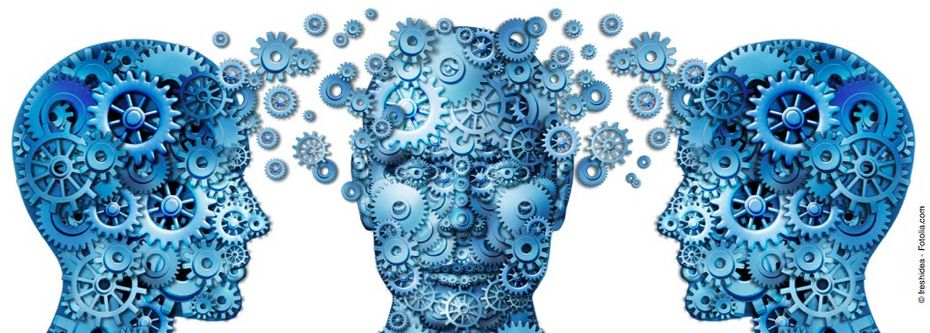
We isolate the three dimensions of sustainability too much. In fact, they are directly and interactively connected with each other in space and time. Instead of separating, there needs to be more integrated thinking and acting.
A standpoint of Prof Angelika Zahrnt
Translated from the German by Kerstin Lisewski, Eunike Bawarska, Katarzyna Piasecka
Sustainability is like a precisely designed Greek temple: the roof symbolises sustainability which is underpinned by environmental, economic and social pillars. However, the common image of sustainability is illusory: the three pillars are not equally strong and high and do not equally support the roof of sustainability. In a conflict situation, the broad and high economic pillar would push the others out of the way, leading to a crooked roof. Nevertheless, also the image of the single separated pillars gives a false impression – as if it is important to turn every single pillar into a thing of perfection. Even more, the common image of a temple is inappropriate, because the three dimensions of sustainability are not equivalent in terms of importance and quality. The natural living conditions are the basis for economic and social development, forming an ecological boundary. Sustainable development is a process in which economic, technical, social and cultural factors as well as the development of nature and landscape are associated with each other. These complex connections are very difficult to understand and explore. Of course, narrowing one’s scope of influencing factors may help to analyse particular interdependencies. Economics has made great progress in terms of reducing complexity in order to construct models, optimising them and bringing reality into mathematical quotations.
However, life, economic management and nature are not meticulously separated divisions, but rather connected and interacting with each other. Separating or fading out of consequences in space and time can be admittedly realised in the study design – but not in reality.
The networked nature of our world and the consequences of ignoring it can increasingly be seen:
- when ecological consequences of our economic management with high CO2 emissions are reflected in climate change,
- when production plant relocations admittedly reduce the environmental impact in Germany, but increase it at the same time in other parts of the world,
- when green fuel (may) improve the German carbon footprint, but worsen it in the cultivation of oil palms, leading to negative consequences in social life for the population,
- when cheap textiles are produced under inhumane working conditions,
- when in Germany prohibited pesticides are found in imported food,
- when (hazardous) waste is dumped into landfills of Southern countries where it is disassembled and collected in a manner that endangers life.
Complexity of human life is also noticeable and throws sand into the cogs of rational separated perception:
- when the concept of homo economicus, who wants to achieve individual maximisation, defines more and more people in real life who are not strictly orientated towards their career and income, but rather towards thinking that a better work-life balance is the road to happiness, when questioning the gender segregation between gainful and unpaid employment in family and household, realising that without new regulations and infrastructure, the reproduction in society – and in consequence the production of the economy – is in doubt,
- when the rebound effect shows us that not only technically efficient products are important but clever handling as well.
Even if it is hard, we must learn to think and act much more effectively in complex ways as well as to separate things in order to gain analytic knowledge which in turn needs to be checked in complex connections. Not only in terms of content is the aim to overcome geographical and professional limits. Even in social change, it is important that stakeholders can operate seamlessly ‘across borders’: when enterprises found local cooperation networks, when municipalities, energy suppliers, environmental associations, enterprises and citizens sit together to talk about energy transition, when enterprises and consumers jointly develop ideas for new sustainable products instead of leaving each other holding the bag for non-sustainable products, when experts and laymen work together.
Particularly a transformational process of a growth-oriented economy and society to a society that does not depend on growth – characterised by the independency of growth or contraction of economic performance indicators – needs to combine a lot in this complex change process: know-how of different disciplines, experts and laymen, efficiency and sufficiency, social justice in Germany and around the world. It is all about comprehensive thinking and acting and not about keeping up the isolated maintenance of each single pillar.
More articles to the topic of Separating with expressive numbers and citations, nicely illustrated and readable on screens and tablets you will find in our PDF magazine Separating.
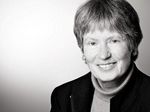
Prof Angelika Zahrnt is the honorary chairwoman of the German association BUND (Friends of the Earth Germany) as well as a member of the Council for Sustainable Development, set up by the German government.
Beiträge online
SEPARATING
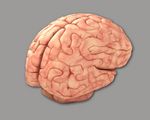
- The art of separation
- More Gold in Waste than in Mines
- Let’s Break Away from Determined Breaking Points
- Analysing Separately – Thinking and Acting Together!
- Tausche Handy gegen großes Menü
- Meerwasser minus Salz. Trennen fürs Trinkwasser.
News zum Thema
- 06/2014 | Separating: New Topic of Factory-Magazine
- 08/2013 | A Map for sustainable shopping in NRW
Themen
- The Domino Effect: the Mobility Transition as an Engine for the ‘Great Transformation’
- Cities Use the Space
- Decarbonization by 2030
- The fear of biting the hand that feeds you
- Where investing is a pleasure
- Why divestment is going to change the world
- A Robin Hood tax for climate protection
- May the Force Be with Us
- Modern Strategies
- The prerogative of interpreting the future now lies with the companies involved in climate protection”
- From Negotiating to Trading Equitably
- Can a donkey be tragic?
- Rethink rather than rebound: a sufficiency revolution must precede the efficiency revolution
- On Rebound, Prebound and Performance Gaps
- So Let Us Seize Power Then!
- With Common Property Against Political Failure
- So Let Us Seize Power Then!
- The Comforting Beauty of Failure
- “It Is Not Impossible at All.“
- Resource-light shopping
- Men Have Not Stopped Giving the Advantage to Women – So Far
- Toothpaste for Princesses and Soup for Pirates
- It is about equality
- A nice day
- Initiative instead of frustration
- The right ingredients
- Resilient for Life
- Not only, but also
- Appreciation – more please!
- Worth more than money
- Learning to value the value of goods
- Worth and Values
- The Transformative Power of Science
- Historically effective: How innovation and technology transform
- The Disappearance of Products
- Growing Older 101
- Columbus’ Egg
- It Works! In Theory at Least ...
- What If...?
- Analysing Separately – Thinking and Acting Together!
- Let’s Break Away from Determined Breaking Points
- More Gold in Waste than in Mines
- The art of separation
- Should you really DIY?
- The Aesthetics of Do-It-Yourself
- Standing on One’s Own Feet
- From the handaxe to desktop fabrication
- Using Shares to Survive the Crisis
- When Citizens participate
- Possess to Participate
- The Right Growth at the Right Time
- Gunter Pauli and Blue Economy
- When Sustainability Grows
- How we treat Growth
- Illusions about Growth

